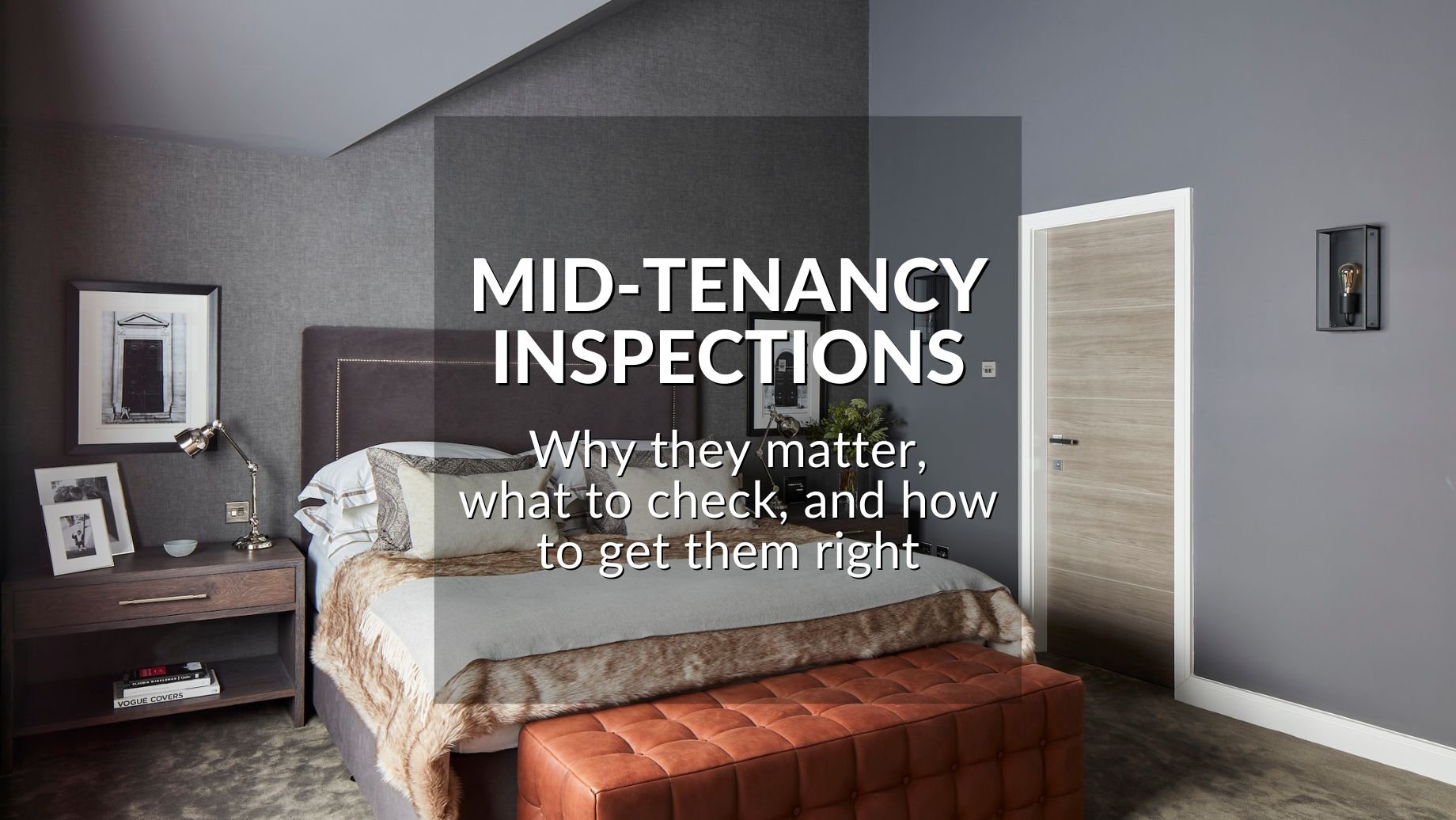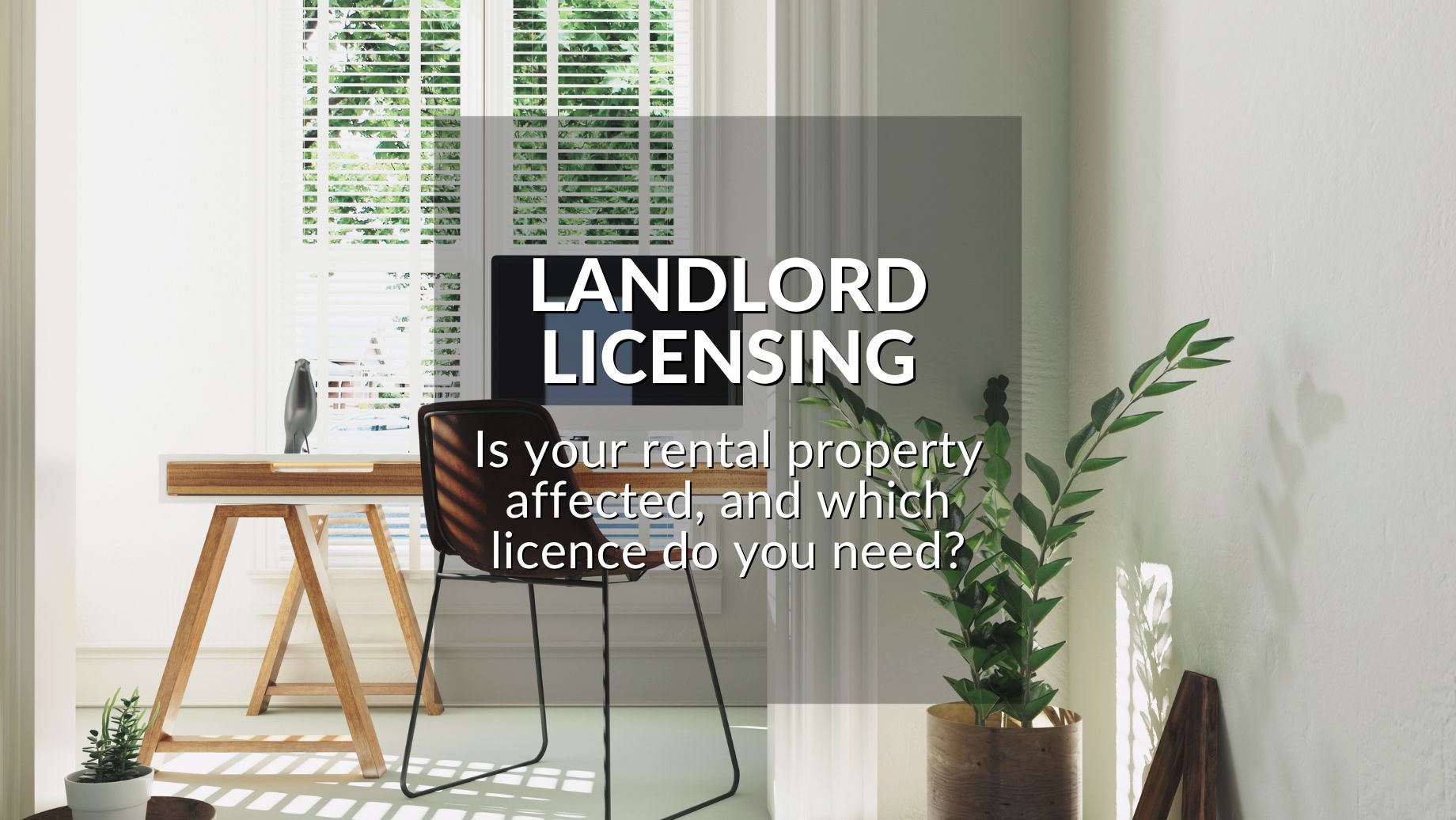Blog
- Details
- Hits: 588
HOW TO TRANSITION FROM ACCIDENTAL LANDLORD TO ACTIVE INVESTOR
Many landlords start out accidentally, from inheriting a property to moving in with a partner to having no luck selling their previous home.
Some are happy to stick with just one rental, but for many others, it's the start of something bigger as they recognise the opportunities in renting out multiple properties, not least a financially secure future.
We love nothing more than helping landlords build thriving portfolios, and here in our guide we're sharing our best tips on making the leap from accidental to active investor. So let's explore:
- Reframing Your Mindset.
- Optimising Your Existing Property.
- Professionalising Your Approach.
- Setting a Clear Strategy and Goals.
- Embracing Continuous Learning.
These are the shifts that give you the tools to build a robust and enduring buy-to-let business that delivers long-term security and prosperity for you, your children, and beyond. Let's begin.
- Details
- Hits: 718
WHY THEY MATTER, WHAT TO CHECK, AND HOW TO GET THEM RIGHT
Do you really need to carry out mid-tenancy inspections? Well, yes you do, and here’s why.
Aside from being an excellent opportunity to nurture the relationship with your tenant, carrying out regular mid-tenancy inspections at least every 6 months means you can:
- Check that your property isn't being misused, abused, illegally occupied, home to unauthorised pets, being a nuisance to neighbours, or becoming a health hazard.
- Get early notice if your tenant is thinking of moving, so you can plan ahead around making cost-effective upgrades that could get you more rent. HOW TO GET MORE RENT - Homelets & Sales
- Spot and solve little issues before they become or cause larger and costlier problems. Every home gets older every year, and things do wear out, break down, or start to look tired.
- Show that you are serious as a landlord about your property being properly maintained, by both you and your tenant.
- Create a traceable record of checks, observations and instructions that can be used in case of any disputes or, in the worst-case scenario, legal action.
With all these benefits, why do so many landlords not bother with mid-tenancy inspections? We don't know, but we have put together a guide to help you get the most from them, with valuable tips on:
Setting the stage for mid-term inspections; arranging the appointment correctly; a mid-tenancy inspection checklist; preparing and sharing the report; and repairs, breaches and action points.
There’s a lot to cover, and we’ve distilled it into bit-size chunks for effortless consumption and maximum impact. Are you ready to reap the benefits of mid-tenancy inspections? Then let's begin.
- Details
- Hits: 610
HIGH-IMPACT, LOW-COST UPGRADES TO MAXIMISE YOUR BUY-TO-LET PROFITS
You don't need to spend a fortune to revitalise your rental property’s performance and transform its place in the market.
A simple but often overlooked strategy is to target more affluent tenants, and by upgrading the experience of style and comfort, you can raise the income ceiling for your buy-to-let.
Fortunately, with some constructive thinking, smart purchases, and the help of our handy guide, getting a great result needn't cost the earth, and we’ve broken things down into five areas:
- Easy fixes for instant appeal.
- Smart storage solutions.
- Affordable style updates.
- Energy and security upgrades.
- Outdoor improvements and kerb appeal.
Does your rental home have unrealised potential that you haven’t considered? Let's dive into whether you could achieve more income than you think, and for a lower cost than you thought.
- Details
- Hits: 960
Many landlords have no idea whether their rental property requires a license, which is why many get caught out.
There are different rules around the UK for landlord licences, and local authorities aren't always as communicative or loud about policy changes as they are around issuing fines!
Given the many thousands of pounds in potential penalties—and the motivation of councils to grab every opportunity for cash in times of funding cuts—it's essential to understand how licensing works.
With that in mind, our guide to landlord licences has straightforward answers to questions like:
- Why do property licences matter?
- What are the different types of licence?
- How do licensing rules differ across the UK?
- What does landlord licensing cost?
- How do landlords apply for a licence?
It's a meaty subject, but we've broken it down into bite-sized morsels for easy digestion. So, let’s explore which rules apply to you, and whether you need to take any steps to stay on the right side of the law.
- Details
- Hits: 793
A budget-conscious mindset is sensible for any business, and self-managing your rental homes can feel like a straightforward way to boost your bottom line. But do you have the full picture?
Like you, we watch our outgoings, but we know that the many thousands we spend each year on photos, property portals and industry software make us far more effective (and our lives easier).
It's a rare thing for a landlord to leave us to self-manage. In fact, it's usually the other way around, when DIY landlords either run into trouble or become overwhelmed with changing legislation.
Nonetheless, if you’re weighing up whether to be a self-managing landlord, you've come to exactly the right place to find some clarity. We'll be covering:
- The myth of ‘let and forget’.
- Three good reasons to manage your own rental homes.
- Probable perils and pitfalls.
- Tips for successful self-management.
- What difference do agents actually make?
Given that cost-cutting always has implications beyond initial savings, let's explore what it means to be a self-managing landlord so you can decide whether it's right for you.









